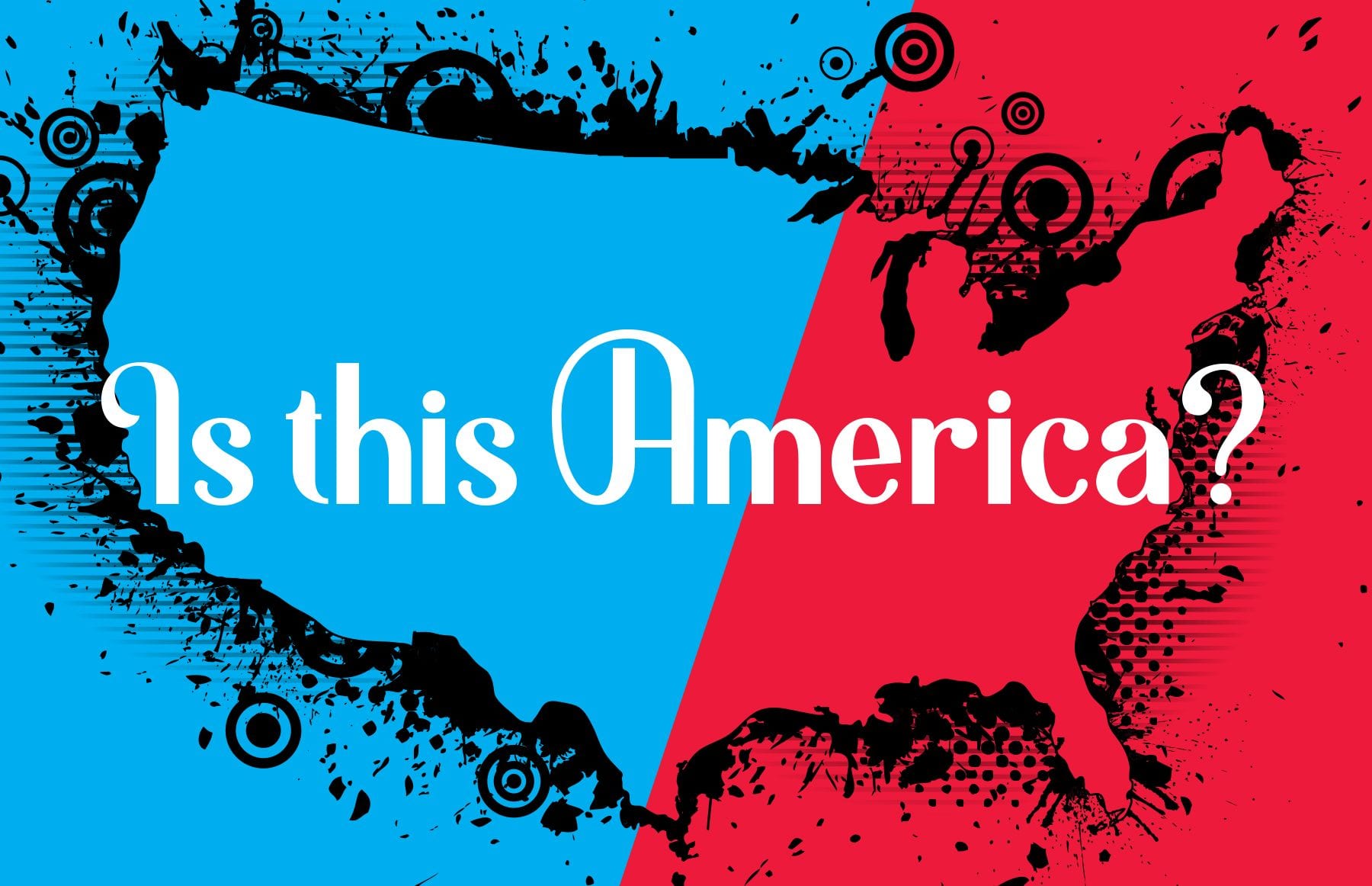By Catie Crandell, Humanities Council
Eric Gregory, Professor of Religion and Chair of the Humanities Council, convened a group of faculty to discuss this year’s University Pre-Read, historian Jill Lepore’s This America: The Case for the Nation. Panelists included Laura Edwards (History), Matthew Karp (History), Gyan Prakash (History), and Anna Stilz (Politics; UCHV). “Our thought behind hosting this panel,” explained Gregory, “was that Lepore’s book not only makes historical claims, but also broader arguments about historiography, patriotism, liberal nationalism, belonging, and cultural memory that are debated across the humanities, not to mention the tasks of scholars and scholarship in this moment.”
Watch the video here.
The panel discussion borrowed its title from the statement of a Black Capitol police officer’s response to the January 6th riots: “I sat down with one of my buddies, another Black guy, and tears just started streaming down my face. I said, What the f**k, man? Is this America? What the f**k just happened? I’m so sick and tired of this s**t.”
Edwards opened the commentary, explaining that Lepore’s call to think critically about the importance of history of the nation-state is a “very laudable goal.” But her effort to create a useable past for the present by diversifying American heroes ultimately falls short because she “repeats the triumphalist histories that got us into this mess.” Karp agreed with Lepore that the centrality of the nation-state as “a meaningful container of political struggle” can not be wished away. But, echoing Edwards’ comments, he questioned her opposition of toxic nationalism by appeal to a “disembodied liberalism” detached from the “gritty realities” of American politics. Among these realities, Prakash emphasized the relativizing of “racial domination, colonial dispossession, and imperial expansion” in making liberalism the main story in support of an American exceptionalism. In other words, the values of inclusion and progress iterated in the book seem blind to much of the real material history of the country, with its struggles with slavery, economic inequality, and gender inequality, among many other things.
For Stilz, “Lepore wants to tell a history that will inspire us to have a different vision of national identity going forward.” She shares Lepore’s attraction to civic nationalism as a normative ideal. She goes on to explain, however, that that the historian’s goal “strikes me as unrealistic because the nation’s structural problems and chasms are simply too deep.” In closing, she argues that “There are material and structural preconditions for America actually being rather than just saying that it embodies these values.” Appeals to civic rhetoric of democratic equality, or the value of better national histories, must be joined to sustained concrete efforts to address injustice in society.
















